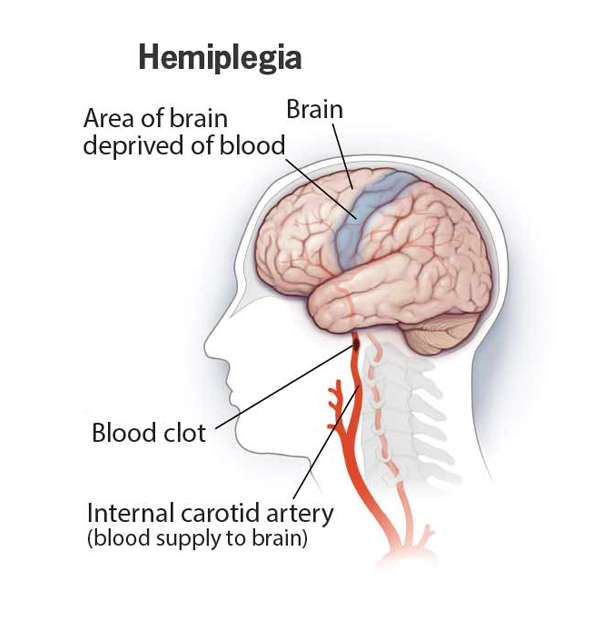Regaining Independence: Comprehensive Physiotherapy for Paralysis-Hemiplegia Treatment
Paralysis-Hemiplegia can be a life-altering condition, affecting one side of the body and significantly impacting an individual's mobility and independence. However, with advancements in healthcare, physiotherapy has emerged as a crucial component in the comprehensive treatment of Paralysis-Hemiplegia. This holistic approach not only focuses on alleviating symptoms but also strives to enhance overall well-being and restore functionality. In this content, we explore the benefits and key aspects of physiotherapy in the treatment of Paralysis-Hemiplegia.

1.Key Benefits of Physiotherapy:
1.Improved Mobility:
Physiotherapy employs a variety of exercises and techniques aimed at improving muscle strength, joint flexibility, and coordination. This targeted approach helps individuals with Paralysis-Hemiplegia regain control and mobility, enabling them to perform daily activities more independently.
2.Pain Management:
Chronic pain is a common challenge for individuals with Paralysis-Hemiplegia. Physiotherapy interventions, including manual therapy and therapeutic exercises, can effectively manage pain by addressing musculoskeletal imbalances and promoting better posture.
3.Enhanced Balance and Coordination:
Impaired balance and coordination are significant concerns in hemiplegic individuals. Physiotherapists design exercises to enhance balance and coordination, reducing the risk of falls and improving overall stability.
4.Functional Independence:
Physiotherapy focuses on real-world, functional activities. Therapists work with patients to improve their ability to perform daily tasks, such as walking, dressing, and reaching, fostering a sense of independence and self-sufficiency.
5.Neuroplasticity and Rehabilitation:
Physiotherapy plays a pivotal role in leveraging the brain's neuroplasticity—the ability to reorganize itself. Through targeted exercises and activities, physiotherapy stimulates neural connections, facilitating recovery and adaptation following neurological damage.
6.Customized Treatment Plans:
Each individual with Paralysis-Hemiplegia is unique, and physiotherapy emphasizes personalized treatment plans. Therapists assess the specific needs and challenges of each patient, tailoring interventions to maximize effectiveness and progress.
7.Emotional Support and Motivation:
Physiotherapists not only address physical challenges but also provide emotional support and motivation. A positive therapeutic relationship can significantly impact a patient's mental well-being, fostering a determined mindset crucial for rehabilitation.
3.Conclusion:
Physiotherapy stands as a cornerstone in the comprehensive treatment of Paralysis-Hemiplegia, offering a multifaceted approach to recovery. From improving mobility and managing pain to enhancing balance and promoting functional independence, physiotherapy empowers individuals to reclaim their lives. With the right guidance and commitment, the journey towards regaining independence is not only possible but often transformative, instilling hope and resilience in the face of Paralysis-Hemiplegia.
